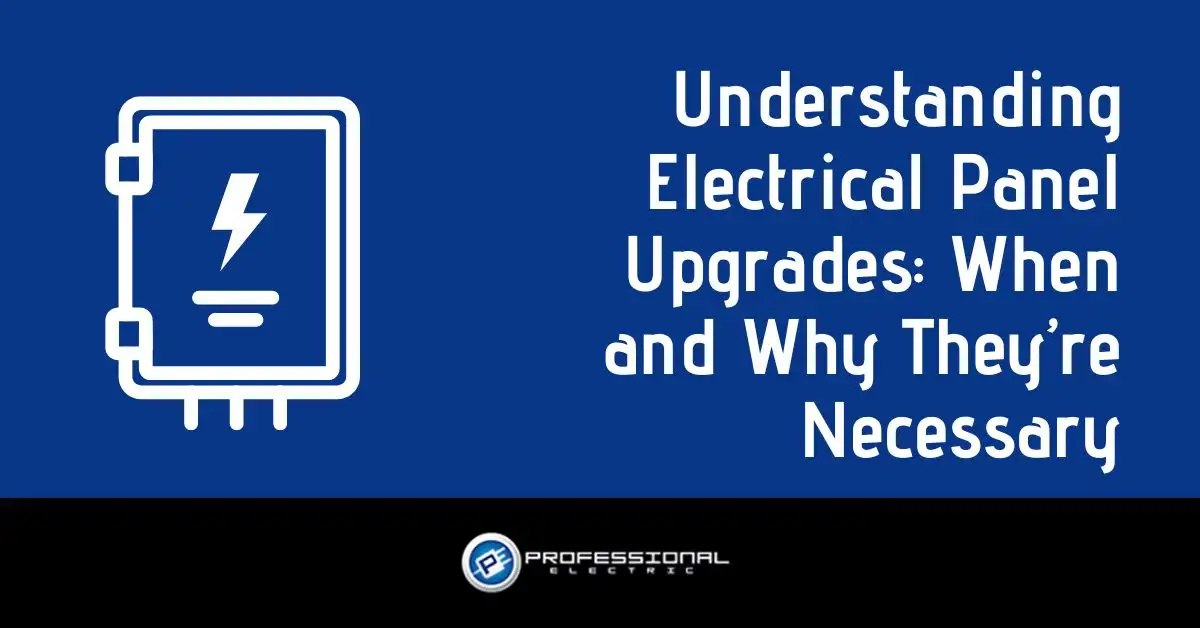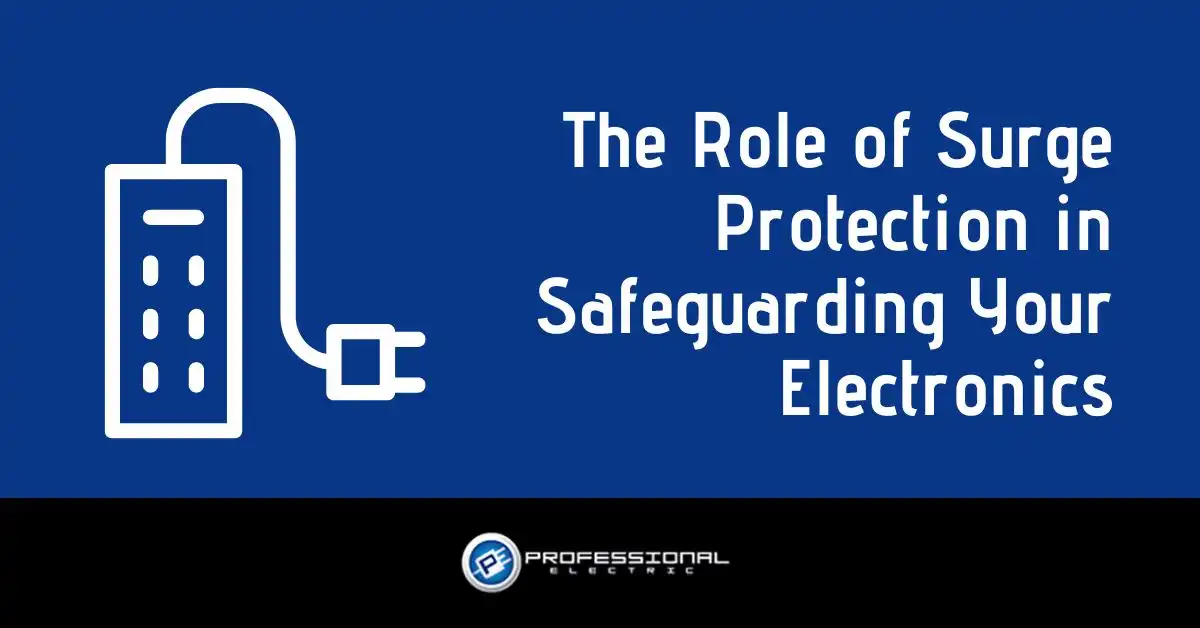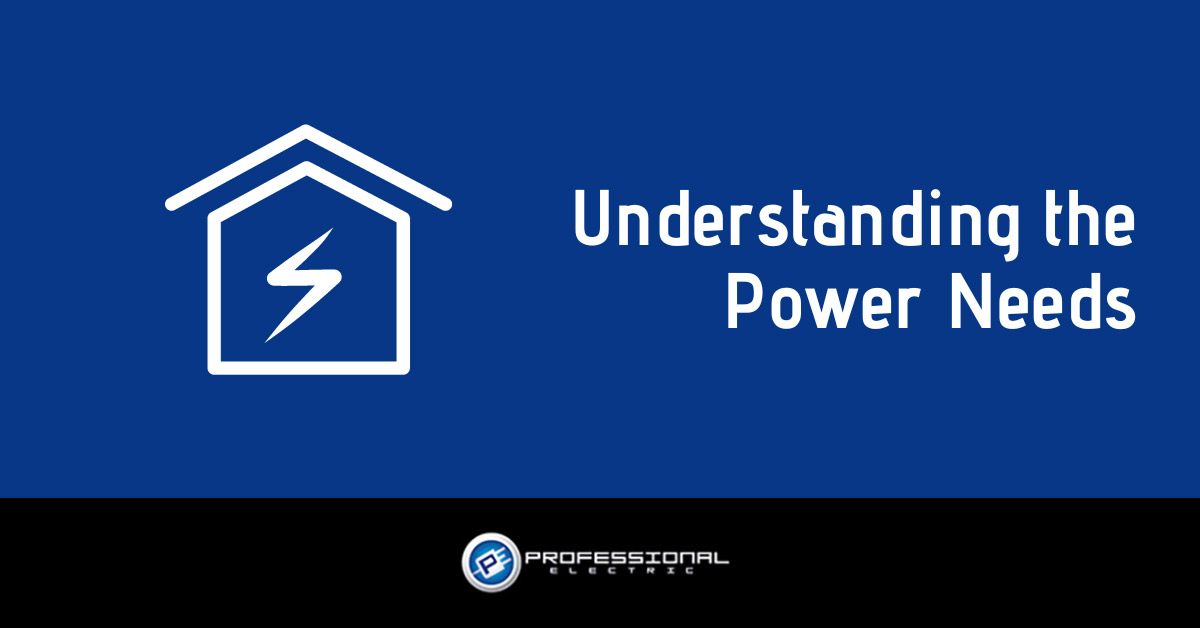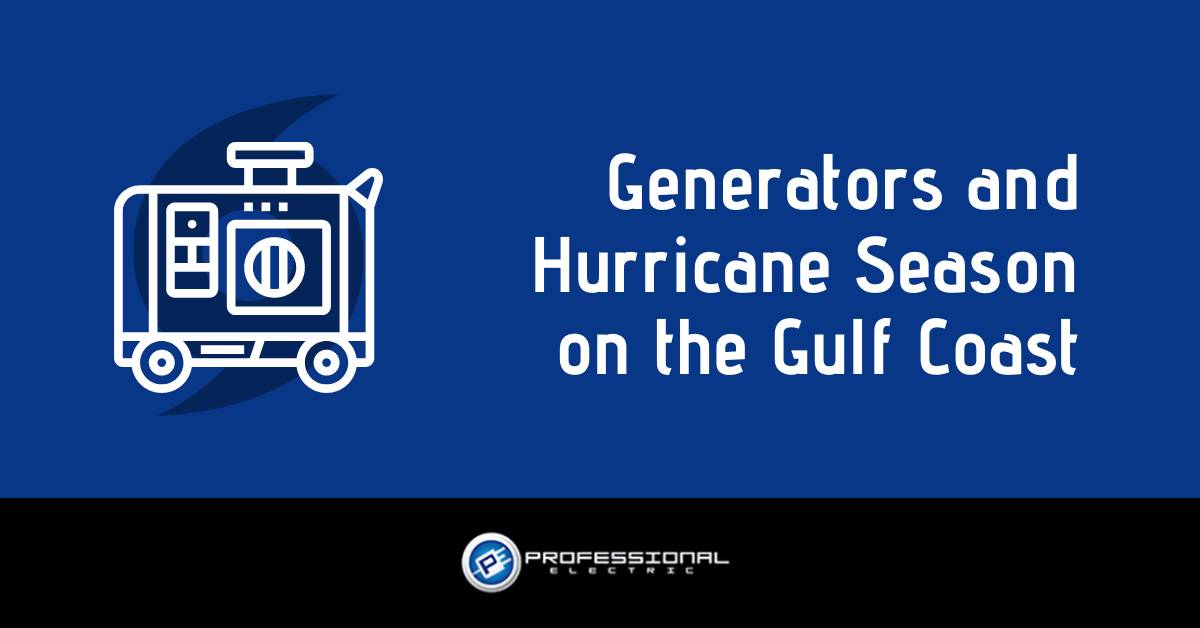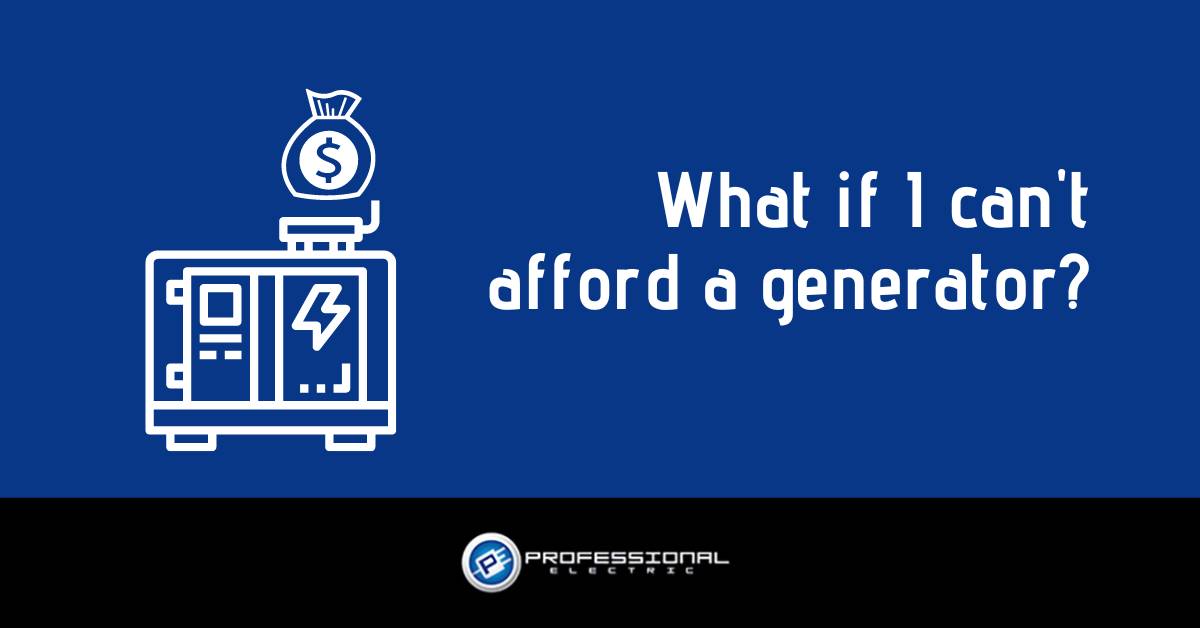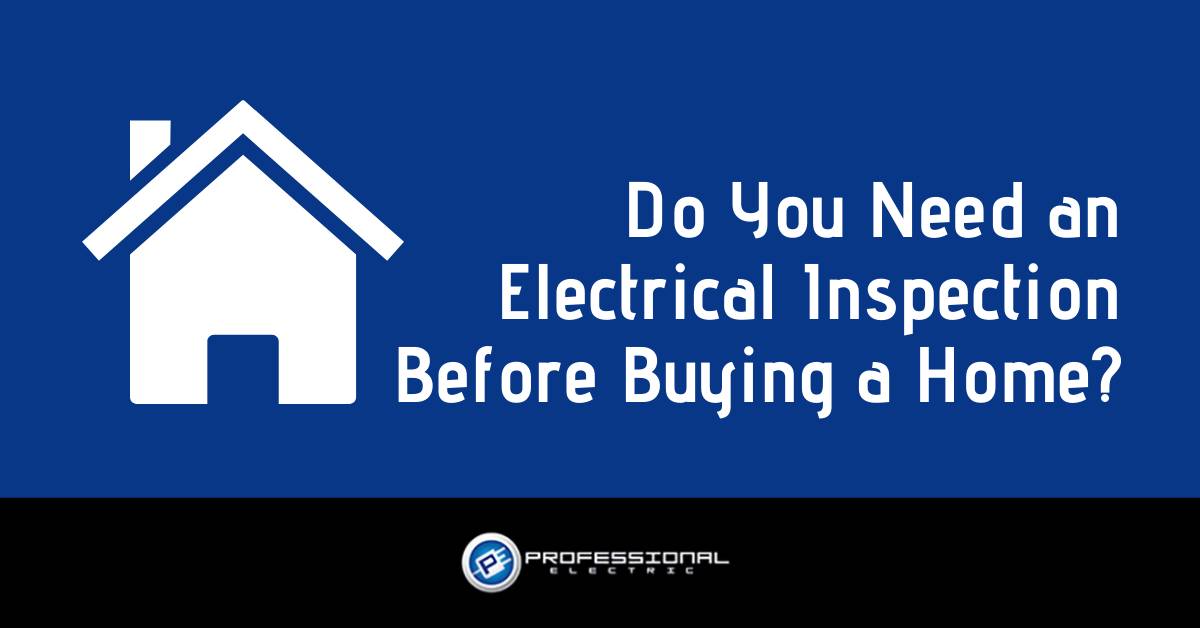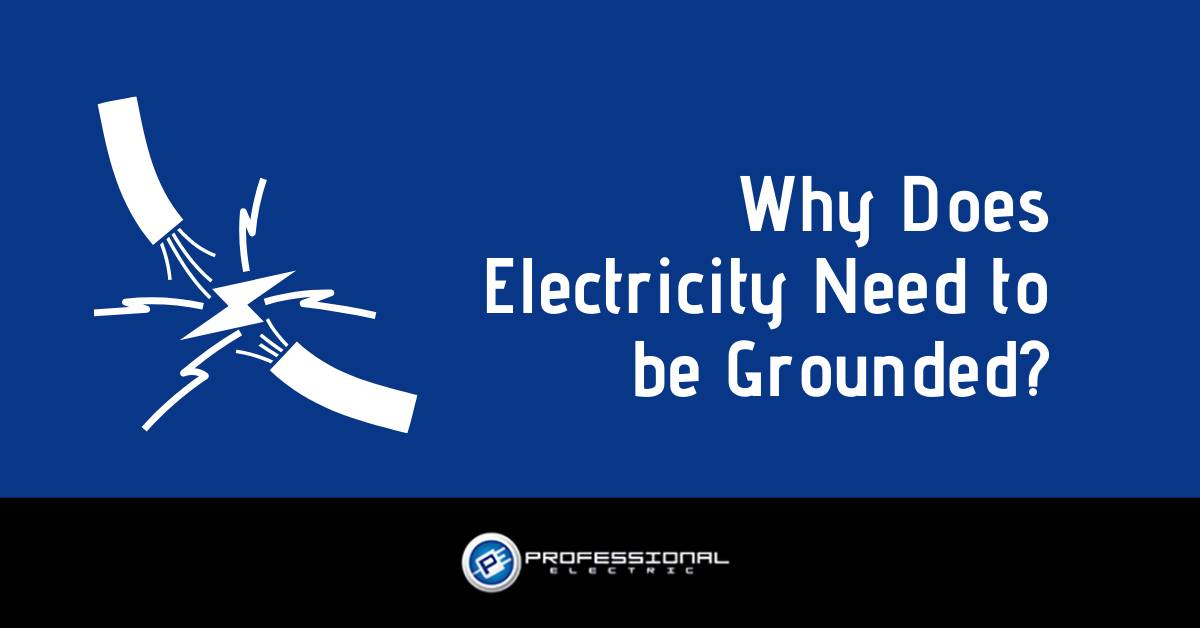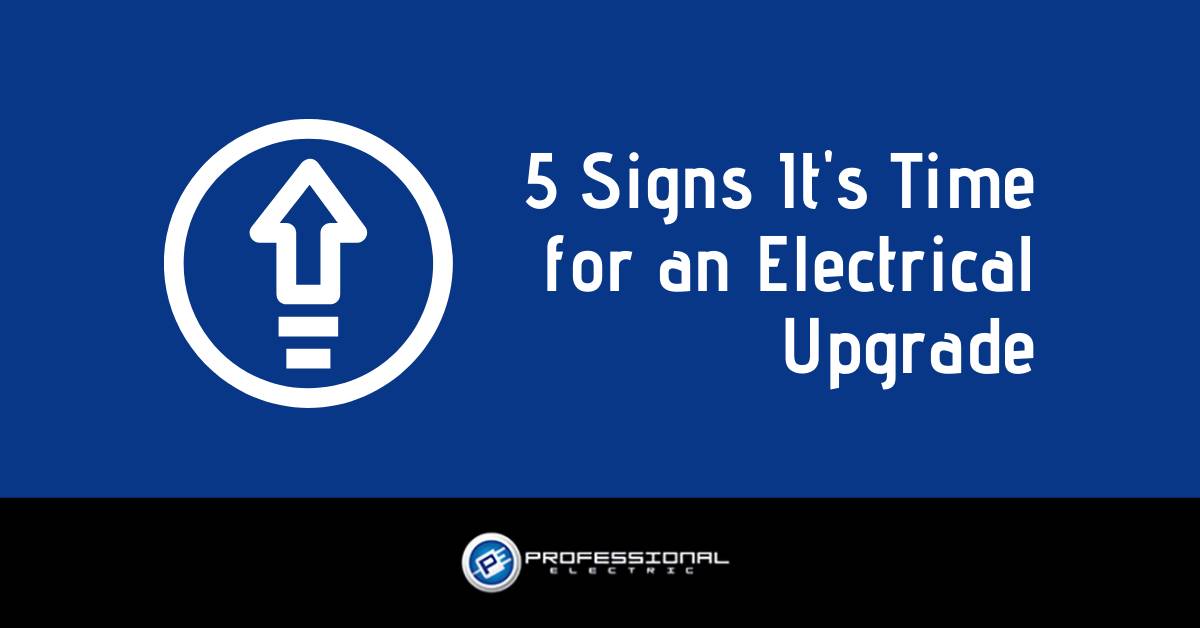Electrical panels, also known as breaker boxes or distribution boards, are crucial for managing the electricity that flows through your home or business. Over time, the demands on these panels can increase, necessitating an upgrade. In this blog, we’ll explore the reasons behind electrical panel upgrades and why they are essential for safety and efficiency.
Reasons To Consider An Electrical Panel Upgrade
Support Increased Electrical Demand
One of the primary reasons for an electrical panel upgrade is to accommodate increased electrical demand. Modern homes and businesses use more electrical devices and appliances than ever before. From high-powered kitchen gadgets to home entertainment systems and advanced office equipment, the load on your electrical system can quickly surpass the capacity of an older panel. Upgrading your panel ensures that your electrical system can handle this increased demand without frequent tripping or overloading, providing a steady and reliable power supply.
Compliance with Safety Codes
Electrical safety codes are periodically updated to reflect new standards and technologies. An older electrical panel might not meet current safety codes, which could pose a risk to your property and its occupants. Upgrading your panel brings it up to current standards, ensuring compliance with the latest safety regulations. This is particularly important when buying or selling property, as non-compliance can lead to failed inspections and costly delays. For more on this topic, check out our post on electrical safety recalls every homeowner should know about.
Enhance System Reliability
Reliability is a key factor in any electrical system. Older panels can develop faults and inefficiencies over time, leading to unreliable power distribution. This can cause frequent outages or even damage to your electrical devices. An electrical panel upgrade enhances the overall reliability of your system, reducing the risk of unexpected power failures and protecting your appliances from potential damage. Learn more about warning signs of instability in your home’s electrical system.
Support Home Renovations
Home renovations, such as adding new rooms, upgrading kitchens or bathrooms or installing new heating and cooling systems, often require additional electrical capacity. An upgraded panel ensures that your electrical system can support these new additions without overloading. This is essential for both the functionality and safety of your home, ensuring that all new electrical installations are adequately powered. If you’re considering a renovation, read our checklist for new homeowners to inspect outlets and breakers.
Integration of Renewable Energy Sources
With the increasing adoption of renewable energy sources like solar panels and wind turbines, integrating these systems into your existing electrical infrastructure can be challenging. Upgrading your electrical panel makes it easier to accommodate these renewable energy systems, allowing for seamless integration and efficient energy management. This not only helps in reducing your energy bills but also contributes to a more sustainable environment. For more information, see our article on how smart home devices can save you money.
Future-Proofing Your Property
Technology is constantly evolving, and the electrical demands of today might be different from those of tomorrow. By upgrading your electrical panel, you are future-proofing your property, ensuring that it can meet the electrical demands of the future. This proactive approach can save you time and money in the long run, preventing the need for frequent upgrades and modifications.
Electrical panel upgrades are a crucial step in maintaining a safe and efficient electrical system. Whether you’re dealing with increased electrical demand, ensuring compliance with safety codes, enhancing system reliability, supporting home renovations, integrating renewable energy sources or future-proofing your property, an upgraded panel is essential. If you suspect that your electrical panel may need an upgrade, contact Professional Electric for a comprehensive assessment and expert advice. Our experienced team is here to help you ensure that your electrical system is up to date and capable of meeting your needs safely and efficiently.

